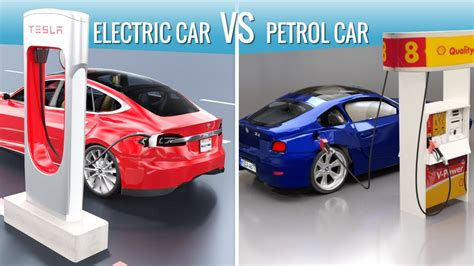June 13, 2023
The U.S. government has many policies, rules and other things in place that work against people’s interests. In the haste to do away with fossil fuel use, we have made it more difficult to acquire coal, oil and natural gas, things that people need. And even when we have those fuels, it has been made more difficult and more expensive to transport them. Pipeline transport is much more economical than transporting oil and natural gas by truck and train. But President Joe Biden’s halting of the Keystone XL Pipeline interfered with that.
Even Biden knows that we can’t do without fossil fuels. As he said during the State of the Union address last February, “We’re going to need oil for at least another decade.” The Congressional audience erupted in laughter, and he corrected himself, adding, “And beyond that, we’re going to need it.”
Because of Biden’s actions the U.S. now has to buy oil from other countries, usually dirtier and more polluting than our oil, which is the cleanest in the world.
In 2021, the Energy Information Administration reported that about 51 percent of the world’s oil comes from five countries. The U.S. led the group, producing 14.5 percent of the 51 percent, followed by Russia at 13.1 percent, Saudi Arabia at 12.1 percent, and Canada and Iraq that together total about 11 percent.
In 2022 U.S. oil production was below the 2019 record levels. That may reflect a trend in domestic oil production.
The terribly optimistic idea of an electric vehicle replacement of vehicles that burn gasoline and diesel fuel any time in the next three decades or so is a pipe dream.
The vehicles in use in the U.S. are mostly made here, and they use fuels we can make here. But the desire is to replace them with vehicles that use batteries, and a great deal of the materials to make the batteries come from other countries.
As reported by U.S. News, most electric cars use lithium-ion batteries. “These types of batteries require several chemical components, including lithium, manganese, cobalt, graphite, steel and nickel, and they require a lot of these materials. By a lot, we mean about 17 pounds of lithium carbonate, 44 pounds of manganese, 30 pounds of cobalt and a whopping 77 pounds of nickel!”
Here's where some of the components for batteries come from. According to SAE International, 100 percent of natural graphite comes from China, Mexico, Canada and India; 37 percent of copper comes from Chile, Canada and Mexico; 50 percent of nickel comes from Canada, Norway, Finland, and Russia; 100 percent of Manganese comes from Gabon, South Africa, Australia and Georgia; 50 percent of lithium comes from Argentina, Chile, China and Russia; 100 percent of rare earths come from China, Estonia, Japan and Malaysia; and 83 percent of zinc comes from Canada, Mexico, Peru and Spain.
We are dependent on other countries for much of these components.
U.S. mining of basically anything useful as a fuel or in making materials for electric vehicles, like nickel, copper and cobalt, is blocked or made more difficult by government rules. And we buy lots of these materials, and other things, from China, our greatest adversary.
So, while we will need fossil fuels for a long time, and while the materials for making EV batteries largely come from other countries, the climate change faction still preaches our destruction if we don’t change how we do many things.
Not everyone agrees with that unavoidable catastrophe being the future of the world if we don’t stop using fossil fuels.
One of those people is an early member and former president of Greenpeace. Formed in Canada in 1971, Greenpeace exists “to expose global environmental problems and promote solutions that are essential to a green and peaceful future,” according to its website.
A former president of Greenpeace, Dr. Patrick Moore, served as Greenpeace Canada President for nine years and as a Director of Greenpeace International for six years. Among his many credits, Moore has a Ph.D. in Ecology from the Institute of Resource Ecology at the University of British Columbia.
He is no longer affiliated with Greenpeace, and his current position on Earth’s environment is at odds with the organization, and that has earned him its harsh criticism.
Speaking on a video from 2015, Moore said the following: “There is no definitive scientific proof … that carbon dioxide is responsible for any of the slight warming of the global climate that has occurred during the last 300 years.
“But there is a certainty beyond a reasonable doubt that CO2 is the building block for all life on Earth, and that without its presence in the global atmosphere … this would be a dead planet.”
Moore is not the only scientist who disbelieves the idea that CO2 will someday destroy humanity. And the accuracy of previous predictions of environmental catastrophe is stunningly poor.
Not burning fossil fuels is certainly a worthy goal. And it is a goal that will eventually be reached as the natural development of alternative energy proceeds.
These manic efforts to force these not-yet-capable energy sources into use is expensive, and works against the needs and desires of the people.


No comments:
Post a Comment